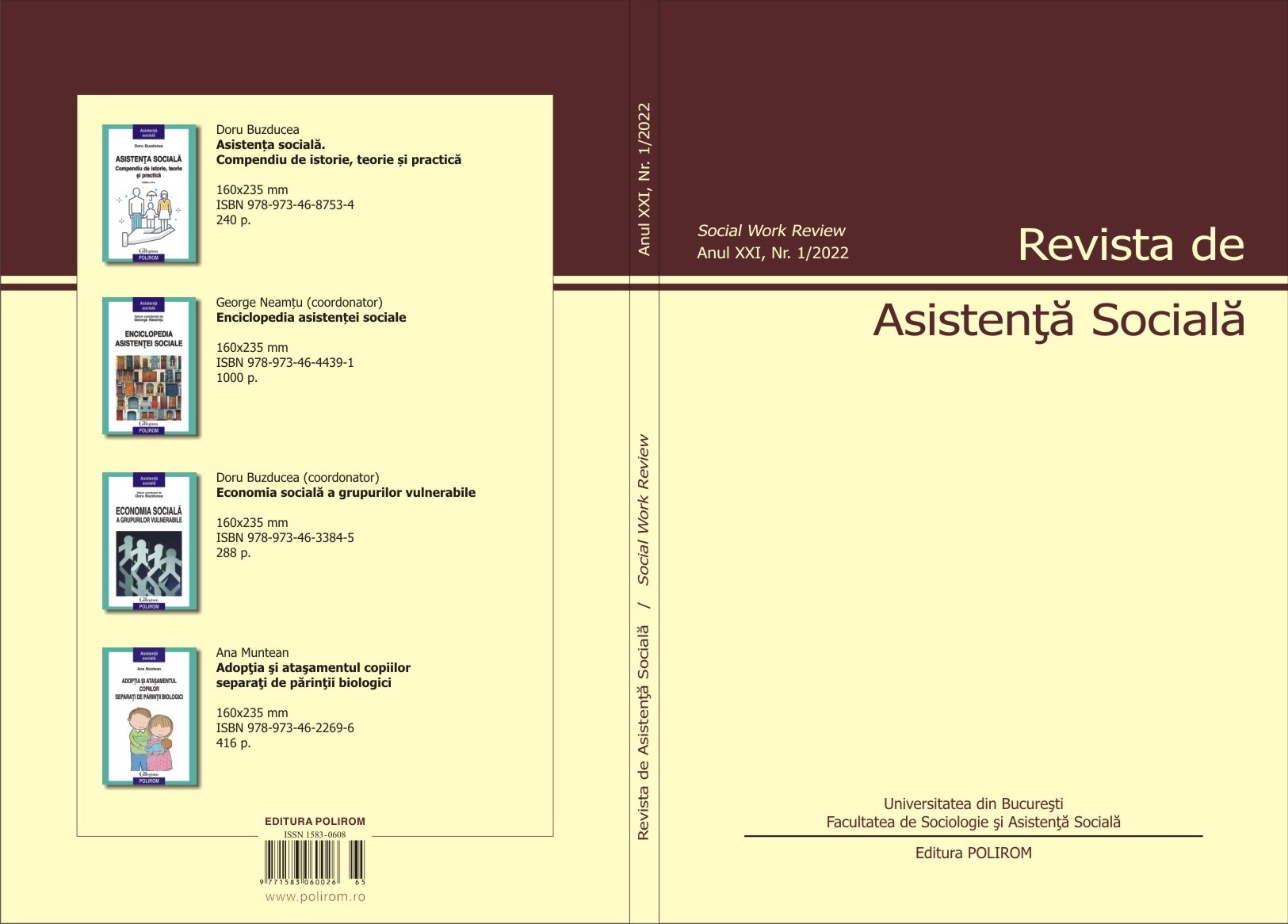Challenges to the Inclusion of Vulnerable Social Groups in Pandemic and Post-Pandemic Society
Challenges to the Inclusion of Vulnerable Social Groups in Pandemic and Post-Pandemic Society
Author(s): Paolo Ammaturo, Carlo Ammaturo, Maria Bruna Letizia Fallucca, Paolo AielloSubject(s): Human Rights and Humanitarian Law, Education and training, ICT Information and Communications Technologies, Inclusive Education / Inclusion, Sociology of Education, Distance learning / e-learning
Published by: POLIROM & Universitatea Bucureşti - Dept. de Sociologie şi Asistenţă Socială
Keywords: Digital divide; education; inclusion; human rights; vulnerability;
Summary/Abstract: The use of digital technology in the pandemic period has highlighted the condition of social inequality that generates exclusion and fragmentation. The social groups most penalized are those who are in conditions of vulnerability and fragility at various levels. The digital divide, which seemed to be mainly linked to the lack of skills, technological tools and access to the Internet, turned out to be a socio-economic and cultural gap. The most disadvantaged and vulnerable social groups were the disabled, families in precarious socio-economic conditions, migrants, war refugees, minors. The resolution of social problems starts with respect for human rights with particular attention to people who belong to the social groups most at risk. Despite the rapid response to the pandemic emergency in the socio-educational environment, it was not possible to guarantee equal and inclusive participation to all. However, the technological implementations have allowed the realization of the didactic activity while highlighting the inhomogeneity present in the social substratum. If on the one hand digital technology proves to be an exceptional tool for the social participation of the wealthiest social classes, on the other there are systemic limits that prevent its full use. The need arises to guarantee everyone the right to education and training, fundamental elements for the cultural, personal and professional development of the new generations. Digital literacy and infrastructural optimization are key factors for the development of an equitable and inclusive society.
Journal: Revista de Asistenţă Socială
- Issue Year: XXII/2023
- Issue No: 1
- Page Range: 93-105
- Page Count: 13
- Language: English
- Content File-PDF

